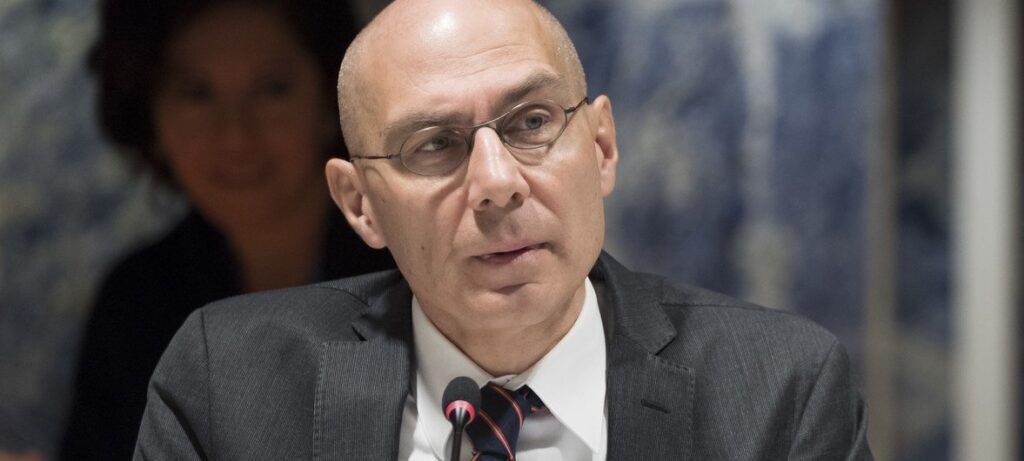The ongoing conflict in Sudan is not merely a power struggle but is significantly influenced by the economic and business interests of national and international actors in key sectors such as gold and agricultural commodities, the UN has said.
UN High Commissioner for Human Rights Volker Türk stated in a Friday press release that revenue from international trade in Sudan’s gold, gum arabic, and livestock has become the financial backbone of the war economy.
He noted that the proliferation of arms and continued weapons supplies—including to Darfur in the west, where a UN Security Council arms embargo is in place—have exacerbated the fighting, enabling violations of international law and undermining peace efforts.
“All those involved in facilitating the transfer of arms and military material to Darfur must stop, in line with their obligations to comply with the arms embargo,” Türk said, also calling for the embargo to be expanded to cover the entire country.
He emphasized that the conflict between the Sudanese Armed Forces (SAF) and the Rapid Support Forces (RSF) has been marked by a complete disregard for the laws of war and international human rights law from the outset. Both parties have repeatedly attacked populated areas and critical civilian infrastructure—such as healthcare facilities, water stations, and power plants—while perpetrating serious human rights violations and obstructing humanitarian aid.
“Retaliatory attacks and summary killings of people suspected of collaborating with opposing forces—often ethnically motivated—have continued unabated, fueled by hate speech and incitement to violence, particularly on social media,” Türk explained. “For example, at the end of last month, dozens were brutally killed in Khartoum after its recapture by the SAF on suspicion of collaborating with the RSF.”
In North and West Darfur, the UN Human Rights Office has documented RSF-led targeted attacks on villages based on residents’ ethnicity.
Türk warned that the warring parties are overseeing a wholesale assault on human rights amid global inaction, with catastrophic consequences for civilians.
“As hostilities have expanded in reach and intensity over the past year, the lives and hopes of so many Sudanese have been uprooted, trapped in a mire of death, deprivation, and suffering,” he said.
“Two years of this brutal and senseless conflict must serve as a wake-up call for the parties to lay down their weapons and for the international community to act. Sudan must not remain on this destructive path.”
Türk also disclosed that sexual violence remains pervasive across Sudan, with women and girls subjected to rape, gang rape, sexual exploitation, and abduction on a large scale since the conflict began.
“Torture, ill-treatment, arbitrary detention, and enforced disappearances remain widespread in conflict-affected areas,” he added. “Threats, harassment, and intimidation against civil society members—including human rights defenders, journalists, and local humanitarian volunteers—are also increasing, further shrinking civic space and restricting the free flow of information.”
The conflict has triggered an unprecedented humanitarian and displacement crisis, devastating lives and livelihoods. At least 12.6 million people have been displaced, an estimated 24.6 million face acute food insecurity, and some 17 million children are out of school.




